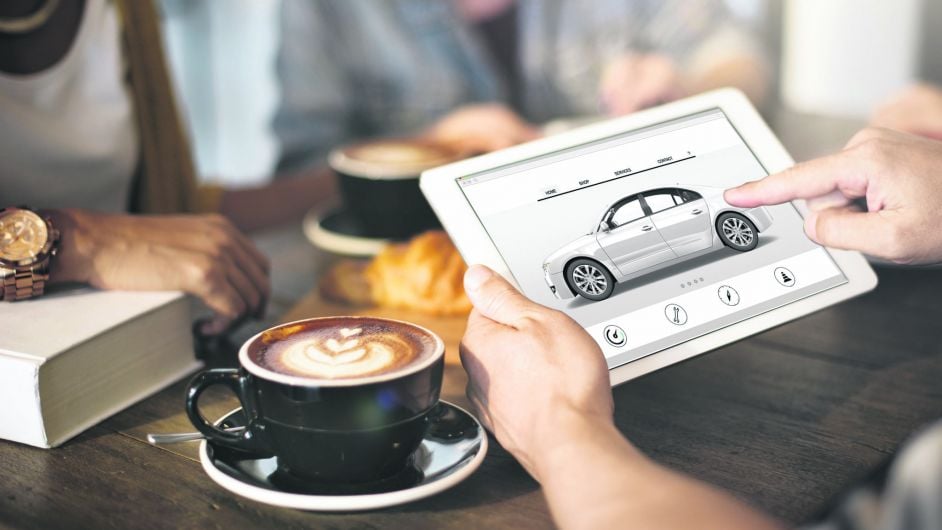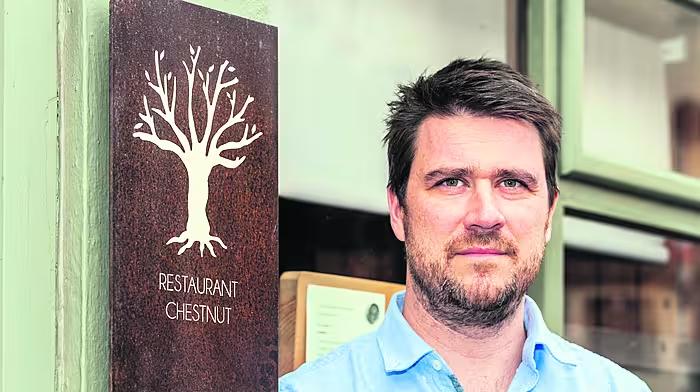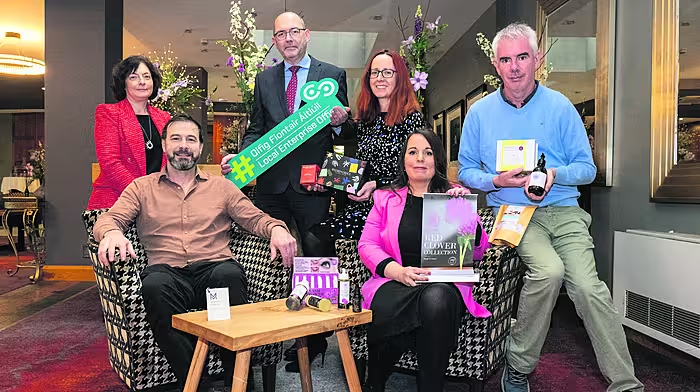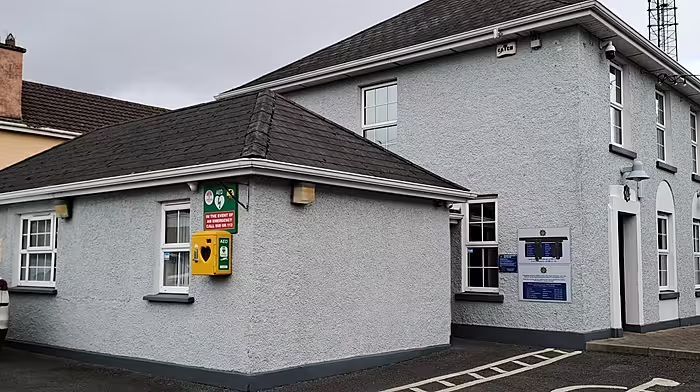BY BRIAN BYRNE
IT’s a strange time for the motor business and its customers, though no more than for so many other businesses and individuals at the moment. No car showrooms open for potential customers to visit.
Nowhere to drive to in your car, except for essential work or shopping. No wondering where to take a trip to on a holiday weekend. No trying to work out a route which offers the least traffic congestion.
No traffic jams. No parking problems. Spending on fuel way down. Road accidents down. Demonstrably cleaner air.
Businesses of all kinds brought to a crash stop. Workers laid off, hopefully just for a while. The national economy driving towards recession, also hopefully for a much shorter duration than the 2008 crash.
Health workers, shop workers, transport workers and those in the emergency services all under heavy pressure to keep their responsibilities afloat while the rest of us are confined to our towns, villages, and as in my case, for age reasons, ‘cocooned’ in our homes.
It will pass. Albeit leaving tragedies behind ranging from loss of loved ones to loss of critical income and work. In the meantime most of us have an enforced time to get off the daily whirlwind and look at our lives. What they have been, what they are, and what they might be in the future.
Consequences
For the motor industry, currently paused, the whole situation might have unanticipated consequences.
For the dealers, the main buying period of the year was already winding down when the showrooms were closed. They have a breathing space, and can hope to still be here if the coronavirus effect runs only until midsummer.
In the meantime, the already evident shift by consumers to doing their research online and then going to their dealers to clinch a deal will have accelerated. Will we see the actual deals now also being done online and the cars simply delivered to the door? It’s already happening in some places.
That could mean the end of dealerships and showrooms as we know them. Eventually and maybe sooner.
Are we going to be buying as many cars? Leaving aside the economic consequences of the coronavirus crisis, there have already been signs that the global industry expects a more significant shift to lower volumes than perhaps the consumer realises.
I have seen the broad projections in areas like car sharing, hourly car renting, app-based call-and-access nimble public transport vehicles, all of which take the car out of private driveways where they are idle 95pc of the time. They make sense, and with more efficient use of all transport facilities, less vehicles will be needed.
Climate change
Will the coronavirus time-to-think also kickstart us as individuals and communities to do more to deal with climate change, especially in how we use transport? If only for the past few weeks, we have demonstrated that we can change habits drastically when it is immediately necessary.
They talk of ‘herd immunity’ ... there’s also a ‘herd consciousness’ when we reach a certain level of community deciding on change rather than just some individuals in it.
Or maybe, in six of eight weeks’ time, when we’re all released from these restrictions, will we just joyfully drive back, at speed, to where we were? It’ll be interesting.







